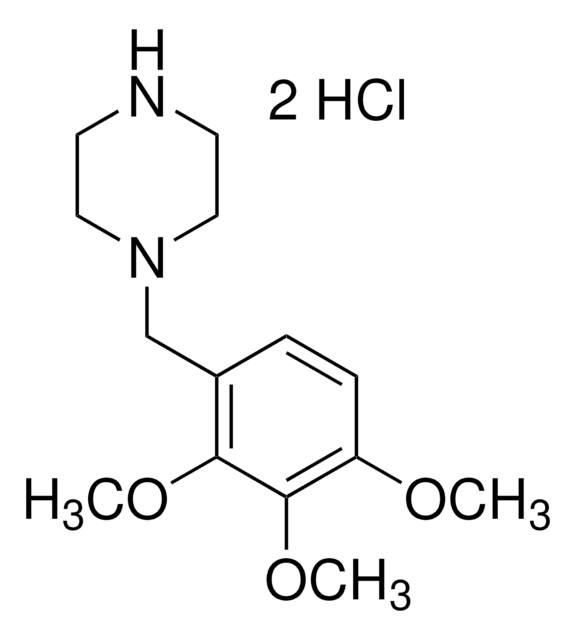91445
10,12-Tricosadiynoic acid
≥98.0% (GC)
Synonym(s):
Tricosa-10,12-diynoic acid
About This Item
Recommended Products
Assay
≥98.0% (GC)
form
crystals
storage condition
protect from light
mp
56-60 °C
SMILES string
CCCCCCCCCCC#CC#CCCCCCCCCC(O)=O
InChI
1S/C23H38O2/c1-2-3-4-5-6-7-8-9-10-11-12-13-14-15-16-17-18-19-20-21-22-23(24)25/h2-10,15-22H2,1H3,(H,24,25)
InChI key
DIEDVCMBPCRJFQ-UHFFFAOYSA-N
Looking for similar products? Visit Product Comparison Guide
General description
Application
- Acid-responsive color transition in polymer assemblies: 10,12-Tricosadiynoic acid is employed in the development of acid-responsive polydiacetylene-Na(+) assemblies, showcasing a unique red-to-blue color transition. This property is significant for applications in smart sensors and visual indicators in various industrial processes (Saymung et al., 2024).
- Colorimetric sensing capabilities: The synthesis of polydiacetylene vesicles incorporating 10,12-Tricosadiynoic acid demonstrates their utility as colorimetric sensors. This application is particularly valuable in the detection of microbial peptides, contributing to advancements in food safety and pharmaceutical analysis (Yadav and Tiwari, 2021).
Storage Class Code
11 - Combustible Solids
WGK
WGK 3
Flash Point(F)
Not applicable
Flash Point(C)
Not applicable
Personal Protective Equipment
Certificates of Analysis (COA)
Search for Certificates of Analysis (COA) by entering the products Lot/Batch Number. Lot and Batch Numbers can be found on a product’s label following the words ‘Lot’ or ‘Batch’.
Already Own This Product?
Find documentation for the products that you have recently purchased in the Document Library.
Customers Also Viewed
Our team of scientists has experience in all areas of research including Life Science, Material Science, Chemical Synthesis, Chromatography, Analytical and many others.
Contact Technical Service











